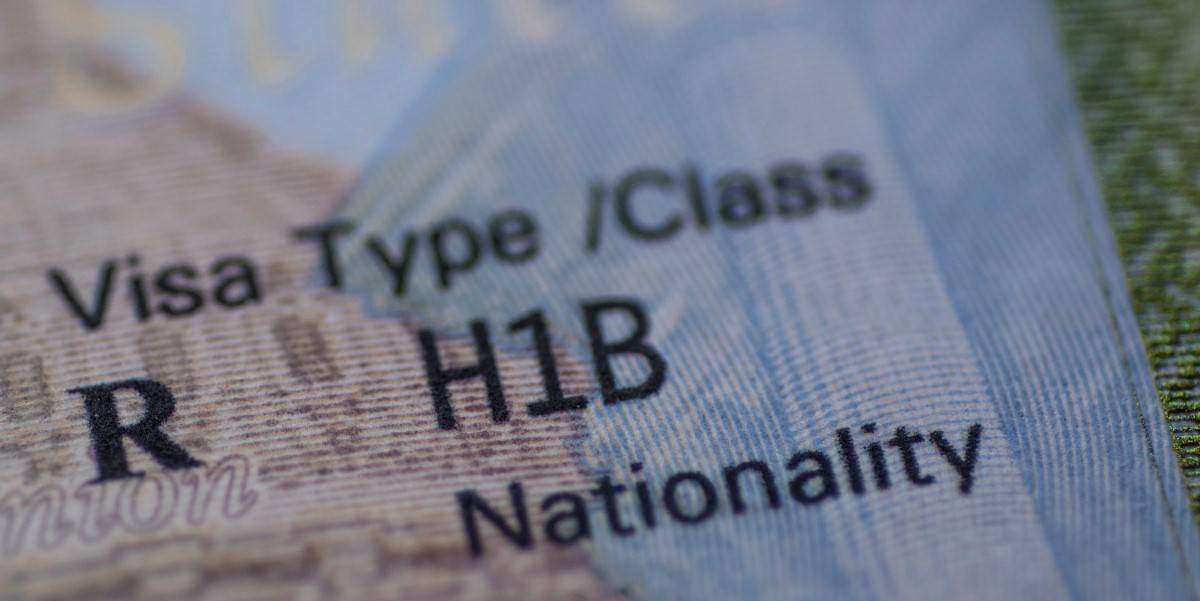New Twist In H-1B Saga As US Senate Moves To Abolish Per-country Visa Caps

The US Senate has passed a draft law that will abolish per-country caps on visas for skilled workers.
The S.386 - Fairness for High-Skilled Immigrants Act of 2019 was passed by the House in 2019, and on Wednesday slipped through the Senate, too.
The law’s sponsor, Senator Mike Lee (R-UT), has argued that capping the number of visas that can be issued to a country is “de facto country-of-origin discrimination."
“Because immigrants from countries with large populations are restricted to receiving the same number of visas as immigrants from smaller countries, their wait times have ballooned, in some cases stretching on for literally decades,” he added.
Lee has also said that demand for green cards among citizens of India is so great that the previous quota system meant a 200-year waiting period. His mention of India is notable because access to US visas is a domestic political issue: Indians aspire to make it in America, and expats like Satya Nadella, Sundar Pichai, and George and Thomas Kurian are revered for having done so.
The senator’s amendments to the bill do away with per-country caps, but also limit a single nation to 85 percent of all visas awarded in a single year. The lobby group U.S. Tech Workers opposed the bill.
The Senator from Utah, Mike Lee.
He's not fighting for the interests of Americans. He's passing bills in the Senate to help foreign nationals and their Big Tech employers. And the rest of the GOP is helping him.#ThisIsAmerica #Utah #MikeLee pic.twitter.com/iQIJJOkhqk
— U.S. Tech Workers (@USTechWorkers) December 3, 2020
While the proposed law will open the door for more skilled tech workers from India to win H-1B visas, it doesn’t change the Trump administration’s plan for the work permits to be assigned to very highly-paid workers first as a means to avoid imported workers undercutting the salaries expected by American residents.
Big tech firms quickly threw flaming sueballs at the administration’s plan on grounds it would deny them access to the talented people they need and harm the economy.
Also on Wednesday, a California judge smacked down the administration’s new H-1B plan on grounds that it was implemented without sufficient notice or consultation, and in any event would not bring about the policy objective of a boost to the US economy. That ruling preceded the Senate vote by just a few hours.
It is unclear if President Trump will sign or veto the Fairness for High-Skilled Immigrants Act. He has ten days to make up his mind. ®
From Chip War To Cloud War: The Next Frontier In Global Tech Competition
The global chip war, characterized by intense competition among nations and corporations for supremacy in semiconductor ... Read more
The High Stakes Of Tech Regulation: Security Risks And Market Dynamics
The influence of tech giants in the global economy continues to grow, raising crucial questions about how to balance sec... Read more
The Tyranny Of Instagram Interiors: Why It's Time To Break Free From Algorithm-Driven Aesthetics
Instagram has become a dominant force in shaping interior design trends, offering a seemingly endless stream of inspirat... Read more
The Data Crunch In AI: Strategies For Sustainability
Exploring solutions to the imminent exhaustion of internet data for AI training.As the artificial intelligence (AI) indu... Read more
Google Abandons Four-Year Effort To Remove Cookies From Chrome Browser
After four years of dedicated effort, Google has decided to abandon its plan to remove third-party cookies from its Chro... Read more
LinkedIn Embraces AI And Gamification To Drive User Engagement And Revenue
In an effort to tackle slowing revenue growth and enhance user engagement, LinkedIn is turning to artificial intelligenc... Read more

